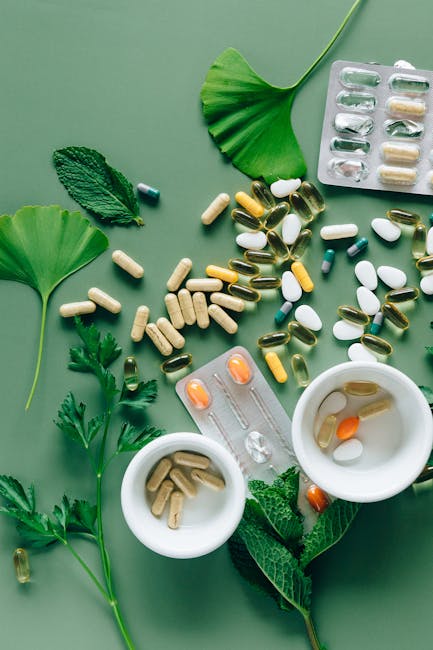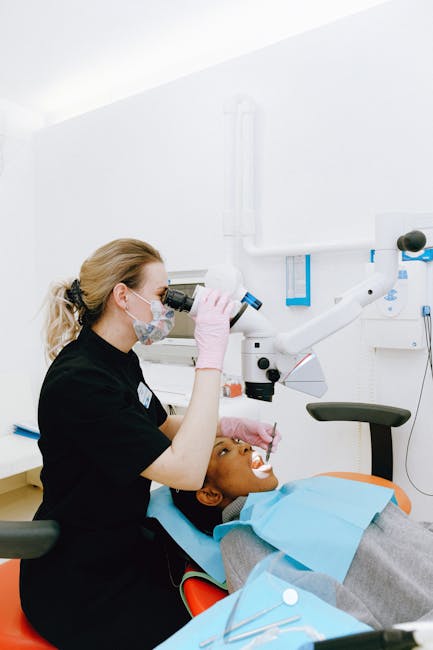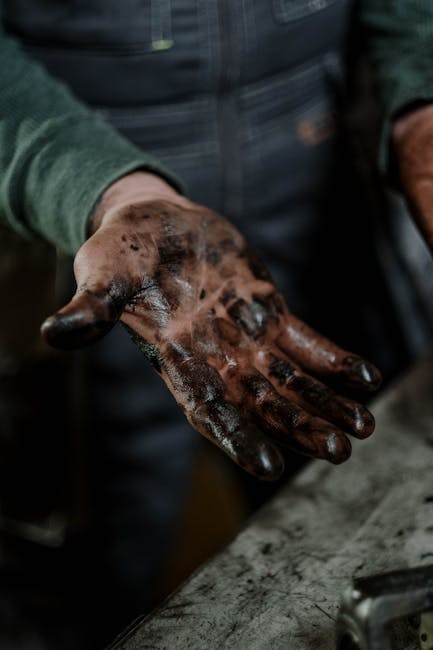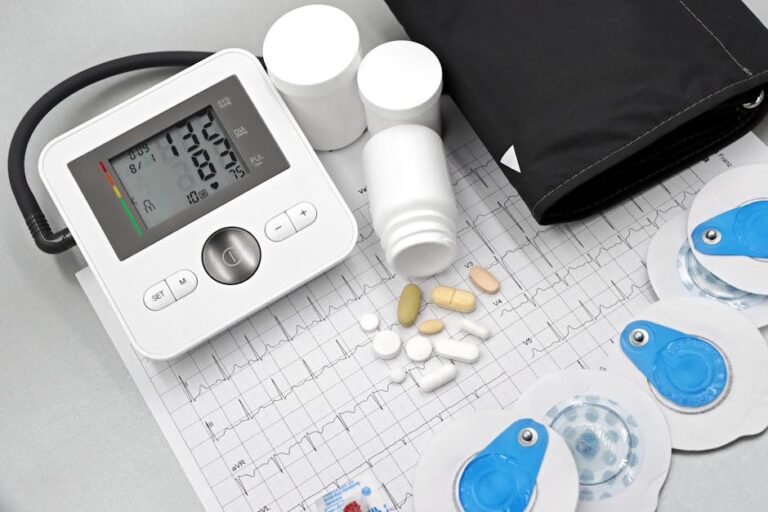Summer Penis: Understanding Seasonal Changes in Male Genitalia and Their Impact on Sexual Health
Summer Penis: Understanding Seasonal Changes in Male Genitalia and Their Impact on Sexual Health
The term “summer penis” might sound humorous, but it points to a real phenomenon: seasonal variations in male genital size and function. While not a clinically recognized term, the colloquialism reflects the observation that some men experience changes in their penis size and sensitivity during warmer months. This isn’t about significant alterations, but rather subtle shifts influenced by several factors, including environmental conditions, lifestyle changes, and hormonal fluctuations. Understanding these changes can contribute to better sexual health and overall well-being.
The Science Behind the ‘Summer Penis’
There’s no single scientific explanation for the perceived changes associated with the “summer penis.” Instead, a confluence of factors likely contributes to the observations some men report. Let’s delve into the most relevant aspects:

1. Temperature and Blood Flow:
One of the most significant factors is temperature. The scrotum, the sac containing the testicles, plays a crucial role in regulating testicular temperature. Warmer temperatures can cause the scrotum to relax, allowing the testicles to hang lower, which might subtly alter the overall appearance of the penis. Furthermore, increased blood flow to the perineal region in hot weather could lead to a slight increase in penis size, although this effect is usually minimal and temporary.
2. Hydration and Diet:
Dehydration can impact blood volume, which, in turn, can subtly affect blood flow to the penis. Summer often involves increased perspiration and fluid loss, potentially leading to mild dehydration if not adequately compensated by increased water intake. Similarly, diet plays a significant role. A diet lacking in essential nutrients can negatively impact overall health and, indirectly, sexual function. A balanced diet supports healthy blood circulation and hormone production, which are crucial for optimal sexual health.
3. Hormonal Fluctuations:
Hormonal levels can subtly fluctuate throughout the year, although these changes are usually not dramatic. Exposure to sunlight can influence melatonin production, affecting the sleep-wake cycle and potentially influencing hormonal balance. These minor fluctuations might have a small impact on libido and sexual function. However, it’s important to remember that any significant hormonal changes should be investigated by a medical professional.

4. Clothing and Lifestyle:
The clothing we wear significantly impacts temperature regulation. Wearing tight-fitting clothing in hot weather can restrict blood flow and potentially affect comfort. Conversely, looser clothing promotes better ventilation and temperature regulation. Lifestyle choices, such as increased physical activity and sun exposure during summer, can also contribute to the perceived changes. Increased activity can influence blood flow and body temperature, while excessive sun exposure might lead to dehydration.
Debunking Myths and Misconceptions
The notion of a “summer penis” is often accompanied by various myths and misconceptions. It’s crucial to differentiate between anecdotal observations and scientifically supported facts:

Myth 1: Significant Size Changes:
Many believe that the summer penis involves dramatic size increases. While slight variations might occur due to blood flow and temperature, these changes are usually minimal and temporary. Significant changes in penis size warrant medical evaluation.
Myth 2: Increased Libido Solely Due to Season:
While some may experience increased libido during summer due to various factors (increased social interactions, more opportunities for intimacy, etc.), it’s not solely attributable to seasonal changes in the penis itself. Libido is complex and affected by numerous psychological and physiological factors.
Myth 3: Seasonal Dysfunction:
Some might associate the “summer penis” with seasonal variations in erectile function. While environmental factors and lifestyle changes can indirectly influence erectile function, a significant decline warrants medical attention. Conditions like erectile dysfunction are not typically directly caused by seasonal variations.
Maintaining Sexual Health During Summer
Regardless of any perceived seasonal changes, maintaining optimal sexual health requires consistent attention. Here are some key strategies:
- Stay Hydrated: Drink plenty of water throughout the day, especially during periods of increased physical activity or heat exposure.
- Maintain a Balanced Diet: Ensure your diet is rich in fruits, vegetables, and whole grains to support overall health and blood circulation.
- Wear Loose-Fitting Clothing: Choose breathable clothing, especially in hot weather, to allow for proper ventilation and temperature regulation.
- Protect Yourself from Sun Exposure: Avoid prolonged sun exposure and use sunscreen to prevent dehydration and skin damage.
- Practice Safe Sex: Always use protection during sexual activity to prevent sexually transmitted infections.
- Address Concerns with a Healthcare Professional: If you experience any significant changes in your sexual health or have any concerns, consult a doctor or urologist.
Conclusion
The concept of a “summer penis” highlights the subtle ways in which environmental and lifestyle factors can influence male genitalia. While there are no significant, clinically proven seasonal alterations, the observations some men report are likely a result of temperature regulation, blood flow, hydration, and other related factors. Maintaining a healthy lifestyle, staying hydrated, and consulting a healthcare professional for any concerning changes are crucial for preserving optimal sexual health throughout the year. Remember, it’s always best to address any concerns about your sexual health with a medical professional for accurate diagnosis and personalized advice.
This information is for educational purposes only and does not constitute medical advice. Always consult with a qualified healthcare professional for any health concerns or before making any decisions related to your health or treatment.






